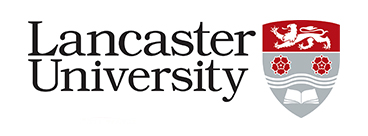University of Manchester
MSc Advanced Computer Science
International, including EU, students (per annum): £37,500
- China: a minimum of 87% in a 4-year bachelor's degree from a well ranked institution.
- IELTS: overall score of 7.0 with no sub-test below 6.5.
Applications for 2025 entry:
Stage 1 : Application received by 8 November 2024; Decision by 10 January 2025.
Stage 2 : Application received by 3 January 2025; Decision by 7 March 2025.
Stage 3 : Application received by 28 Feb 2025; Decision by 2 May 2025.
Stage 4 : Application received by 23 May 2025; Decision by 20 June 2025.
Applications received after 23 May will be considered depending on course availability.
Applicants who are made a conditional offer of a place must provide evidence that they have met all the conditions of their offer by 31 July 2025.
We require the following documents before we can consider your application:
- Official Bachelor degree transcripts, including official translations and original language copies if study not undertaken in English. 2+2 and 3+1 applicants must provide official transcripts and certificates from both institutions.
- An official document from your university verifying your current weighted average mark (not arithmetic average) if this information is not included in your transcript of study. Please note: where grades are given as a percentage, the weighted average mark must also be recorded as a percentage, not as a GPA grade.
- Degree certificate if you have already graduated.
- If still studying, please provide an official list of all the modules you are taking in your final year.
- A CV if you graduated more than three years ago.
References and personal statements are not required for your application to this programme.
Optional Modules:
Logics for Knowledge Representation and Reasoning
Advanced Topics in Knowledge Representation and Reasoning
Cognitive Robotics and Computer Vision
Transforming Text Into Meaning
Topics in Machine Learning
Advanced Topics in Machine Learning
Uncertain Reasoning and Learning
Reinforcement Learning
Introduction to Cryptography
Network Security
Formal Methods for Software Verification, Security and Computer Science
Software Security
Secure Computer Architecture and Systems
Security and Privacy in Artificial Intelligence
Data Engineering Concepts
Data Engineering Technologies
















